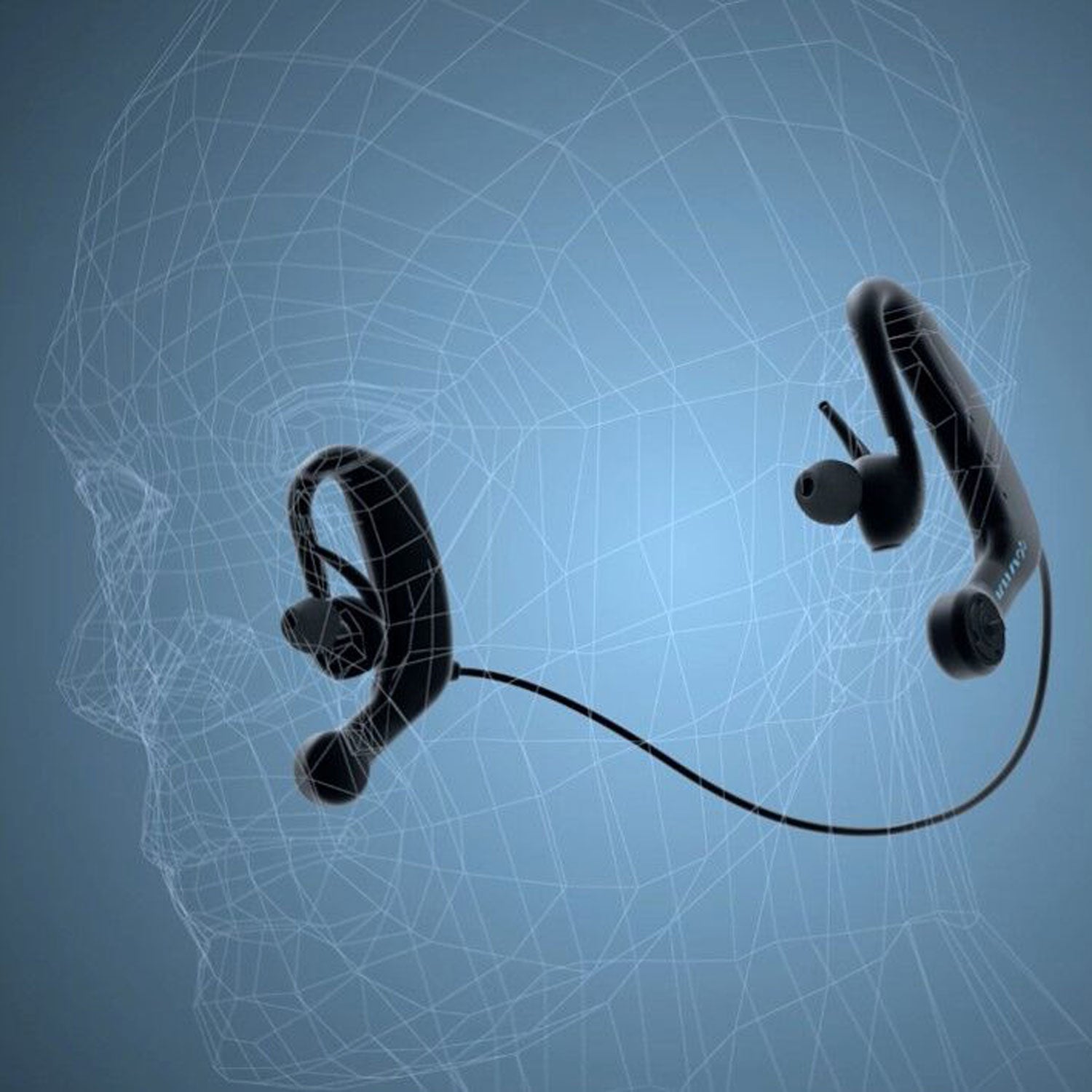Wearables have an easier time measuring heart rate with LEDs from your ear than from your wrist. Why? The inside of your ear is a lot darker than the inside of your wrist, so the lights are much more effective at taking your pulse.
That’s one reason why companies like Jabra have turned to earbuds, rather than watches, to detect heart rate. In my tests, I’ve found these to be the most accurate heart-rate monitors on the market, bested only by traditional chest straps.
Now a company called Kuai says it’s got Jabra beat with its new Multisport Biometric headphones, which �ճܱ���岹��.��
Like the Jabra Sport Pulse, the Multisport Biometric offers voice prompts that relay stats such as heart-rate zones, pace, time, and intensity. Unlike the Jabra Sport Pulse, the Kuai headphones don’t need a phone to do this, or to track a workout. The voice-over is 100 percent customizable, so you can program it to convey only the information you want.
The promo video also suggests that Kuai can estimate V02 max, as well as speed. In all likelihood the headphones predict the former the same way that Polar and Suunto units measure VO2 max: namely, using age, speed at fixed distances measured against heart rate, and heart-rate variability. During runs the headphones use stride length to calculate distance, since they don’t have a built-in GPS. Distance could well be more accurate when you ride, since Kuai also pairs with ANT+ sensors, so it can sync with, say, your Garmin unit. There’s also an onboard accelerometer, which will be useful for gym workouts and possibly for rep counting.
Kuai is a nifty option for swimmers and surfers because the headphones are waterproof to almost 10 feet. They ship with swimming-specific earbuds. Note: We’re curious to test if heart-rate sensing will work in the pool, since if it does that will be a breakthrough on its own—most swimmers have intermittent luck with chest straps.
The company claims it will create customizable workout regimens for users via a paired app that lets you tweak a program and upload it to the headset. And because Kuai saves to the .Fit file format, you can import records to other popular apps like MapMyFitness, MyFitnessPal, and Strava.
Finally, the headphones will have a battery life of five hours, according to Kuai.
If the company’s campaign is successful, the startup will aim for a November launch.


